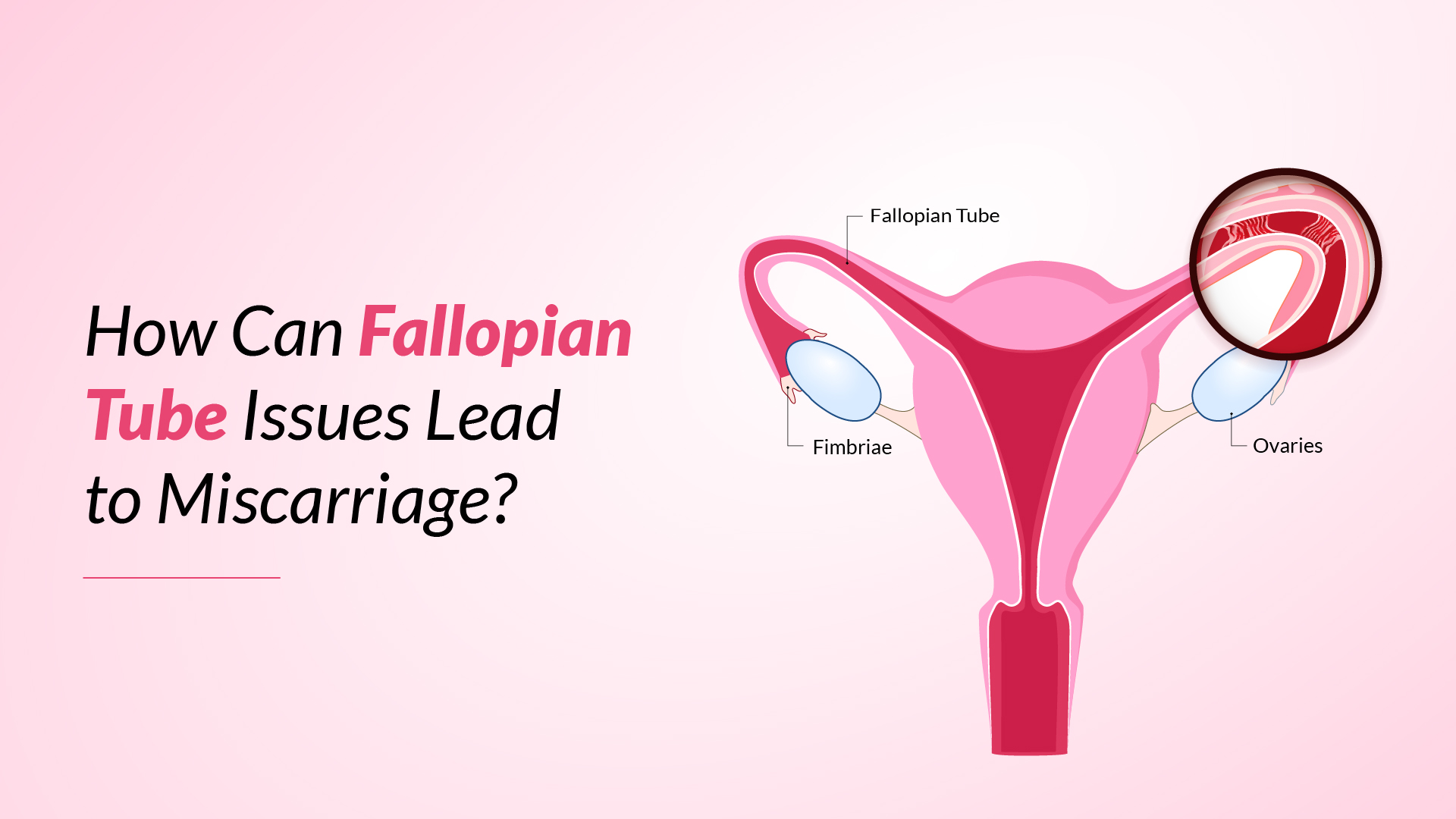Reviewed By: Dr. Tejeswini Nese, fertility specialist at Ferty9 Fertility Center, Secunderabad
Healthy fallopian tubes are crucial in a successful pregnancy, carrying eggs from the woman’s ovaries. When these delicate tubes become blocked, they can impact fertility & increase the risk of ectopic pregnancy. This article explores how fallopian tube issues can cause ectopic pregnancy and discusses available treatment approaches to help protect future pregnancies.
Find Hope and Solutions for Infertility Problems—Explore Our Comprehensive Services
IVF Treatment
IUI Treatment
ICSI Treatment
PICSI Treatment
Fertility Preservation Service
Blastocyst Culture & Transfer Treatment
Genetic Screening & Testing
Fallopian Tubes blockage – Causes
Fallopian tube blockage develops through various medical conditions and circumstances that affect reproductive health. Scar tissue formation is the primary mechanism that leads to blocked tubes, often resulting from infections or inflammatory conditions.
Pelvic Inflammatory Disease (PID) stands as one of the leading causes of tubal blockage. This serious infection typically develops when sexually transmitted diseases, particularly gonorrhoea or chlamydia, go untreated. The inflammation caused by PID can create scarring that affects the fallopian tubes’ functionality.
Several medical conditions can contribute to fallopian tube blockage:
- Endometriosis – it is tissue similar to the uterine lining that grows outside the uterus
- Previous pelvic or abdominal surgeries
- Complications from a ruptured appendix
- Hydrosalpinx – swelling and fluid accumulation in the tubes
- Previous ectopic pregnancy
- Tubal ligation procedures
Blockage in the fallopian tubes – Symptoms
Unlike many reproductive health conditions, fallopian tube blockage often presents no obvious signs in its early stages. Many women discover this condition only when they experience difficulties in conceiving.
The most common symptoms that women with blocked fallopian tubes may experience include:
- Difficulty Conceiving – Often the first and only indication
- Pelvic Pain – Can be mild to severe,with increased intensity during menstrual period
- Abdominal Discomfort – Particularly during menstrual period
- Abnormal or excessive Vaginal Discharge – Specifically in cases of hydrosalpinx
A particularly concerning condition is the risk of ectopic pregnancy, where a fertilised egg becomes trapped in the blocked tube. This condition requires immediate medical attention & may present with symptoms such as:
- Sharp lower abdominal pain on one side
- Unexpected vaginal bleeding
- Early pregnancy sign
- Lightheadedness or collapse in severe cases
Tubal Blockage- Diagnosis
Three primary diagnostic tests help doctors determine the presence and extent of fallopian tube blockage:
- Hysterosalpingogram (HSG) – This X-ray examination uses a special dye to reveal blockages. This test shows whether the tubes are open by tracking the flow of contrast material through the reproductive system.
- Sono salpingography – Performed during the mid-proliferative phase of the menstrual cycle, this non-invasive procedure can identify swollen tubes and fluid build-up. When blocked, the tubes may appear larger than usual or show a distinctive sausage-like shape.
- Laparoscopy – A minimally invasive surgery that provides direct visualisation of the fallopian tubes. While more invasive than other options, laparoscopy offers the most accurate diagnosis and can identify additional issues like endometriosis or scar tissue,which if feasible can be tackled simultaneously.
Blocked tubes – Treatment
Treatment options for fallopian tube blockages have evolved significantly with modern medical advances. Doctors now offer various fallopian tube blockage treatment approaches, ranging from minimally invasive procedures to surgical interventions, based on the location and severity of the blockage.
Non-surgical Treatments:
- Tubal Cannulation – A minimally invasive approach with minimal recovery time.Can be used when there is a proximal tubal block on HSG.
Surgical Treatments:
For more complex cases, surgical interventions may be necessary. Surgical options include laparoscopic surgery to remove scar tissue and adhesions, mainly when blockages are minimal.
When part of the tube is damaged, surgeons can remove the affected section and connect the healthy portions through a procedure called tubal reanastomosis.
The success rate of these treatments varies significantly. Pregnancy rates are higher when blockages occur near the uterus, with success rates reaching 60-75%. However, if blockages exist near the ovary end, the success rates decrease considerably.
Doctors often recommend In Vitro Fertilisation (IVF) when tube repair isn’t possible or advisable. This alternative bypasses the fallopian tubes entirely and offers a viable path to pregnancy for women with severe tubal damage.
Important treatment considerations include:
- Risk of ectopic pregnancy after treatment
- Possibility of new scar tissue formation
- Recurrence depending on the cause identified
- Success rates vary based on age and overall reproductive health
Can Blocked Fallopian Tubes Cause ectopic pregnancy?
The relationship between fallopian tube blockages and pregnancy outcomes is complex & varies depending on the type and location of the obstruction. The impact of blocked fallopian tubes on pregnancy depends on several key factors:
- Complete Blockage: Prevents sperm from reaching the egg, making natural conception impossible
- Partial Blockage: Allows fertilisation but increases ectopic pregnancy risk
- Single Tube Blockage: Pregnancy is possible through the unaffected tube
- Bilateral Blockage: Requires medical intervention for pregnancy
Visit Our Clinic:
Fertility Clinic in Hyderabad
Fertility Clinic in Visakhapatnam
Fertility Clinic in Vijayawada
Fertility Clinic in Karimnagar
Fertility Clinic in Warangal
Fertility Clinic in Rajahmundry
Fertility Clinic in Tirupati
Fertility Clinic in Kurnool




